Vagus Nerve Activation
The vagus nerve helps switch the body from fight-or-flight to rest-and-digest. Cold exposure can activate this pathway, slowing breathing and heart rate, reducing anxiety and promoting calm.
Mood-Elevating Neurochemistry
Cold immersion can release beta-endorphins, noradrenaline and dopamine, which improve mood and mental clarity. Many people report feeling euphoric and focused after a plunge.
Anti-Inflammatory Effects
Inflammation is linked to mood disorders. Cold exposure may reduce inflammatory markers that contribute to anxiety and low mood, supporting better mental health.
Sensory Shock and Mindfulness
The skin’s cold receptors flood the brain with sensory input. This can interrupt anxious thought loops and anchor attention in the present moment.
Building Resilience
Cold plunges are a short, controlled stressor. Repeated exposure trains adaptation and improves stress tolerance, which often translates to everyday life.
Practical Tips
Start with cool showers or brief face immersion. Limit full plunges to a few minutes and stop if you feel unwell. Pair with slow breathing. Consistency matters for lasting benefits.
Conclusion
Cold water can be a powerful tool for anxiety management, mood and resilience. Join a cold-plunge session at Cold Hut and experience the mental reset.

